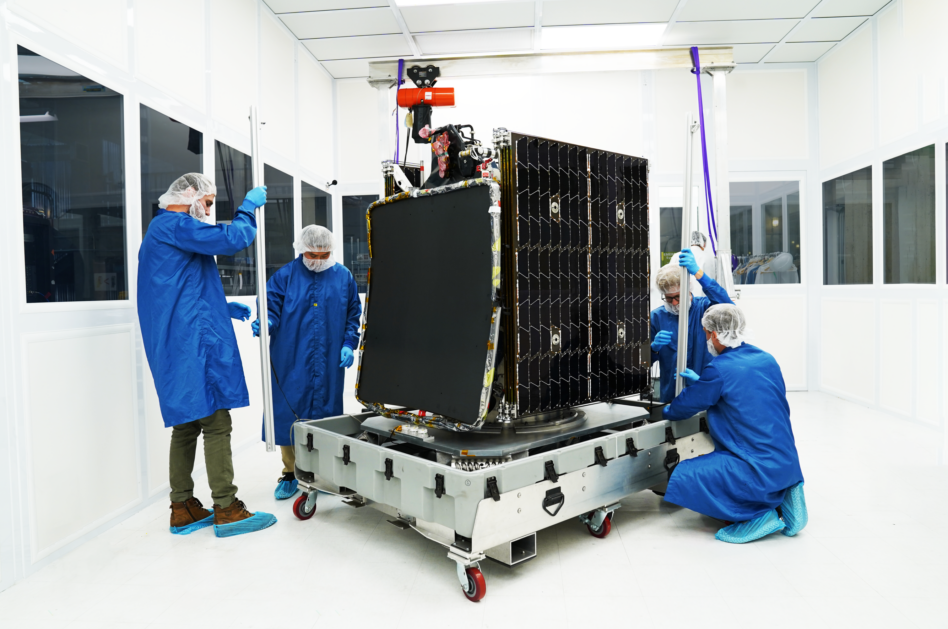Astranis’ first satellite, Arcturus, has run into a snag in its mission to provide internet connectivity over Alaska from GEO.
An anomaly with the solar array drive assembly, which is meant to keep the solar arrays pointed toward the sun, has left the craft unable to keep its payload fully charged. Despite the power problems, Astranis said Arcturus should still be able to provide six to 12 hours of connectivity per day.
Astranis’ mission: Astranis has taken the unbeaten path in a world of large LEO broadband constellations and instead opted to provide smaller, more targeted satellites to provide connectivity to specific geographic areas from GEO.
Arcturus, its first MicroGEO bird, launched in April. As of May, it was up and running as planned, before this power issue got in the way.
- Astranis emphasized that the drive assembly issue is in a part supplied by an outside provider, and that all its own hardware is still working as intended.
Spare parts: Arcturus may be down for the count, but Astranis has a backup plan up its sleeve. The company has designed a small, multipurpose satellite it calls UtilitySat that can be launched and deployed as an interim solution for customers when anomalies like this one occur.
“Unlike with a traditional large GEO satellite, where an on-orbit anomaly could mean a gap of many years and a cost of hundreds of millions of dollars before a replacement satellite can be deployed, a spare satellite of the type we are building at Astranis can be brought in on incredibly short notice,” CEO John Gedmark said in a statement on Twitter (uh…X?). “We’re proud of what we’ve built with UtilitySat, and what it means for the future of our industry.”
UtilitySat is manifested on Astranis’ next launch, now targeting the end of the year to allow time to update the next batch of MicroGEO sats, Gedmark said.




